When people think of healthcare facilities, they likely think of doctors, nurses, and specialists responsible for diagnosing and treating patients. But there’s also a whole team of administrative staff members who ensure that operations function smoothly so medical staff can do their jobs. Earning an online master’s in healthcare administration helps students prepare for leadership roles within the administrative team.
Healthcare administration is a fast-growing field. The Bureau of Labor Statistics (BLS) reports that the employment of medical and health services managers will increase by 28% through 2032, much faster than the overall employment rate during the same period. Healthcare administrators earn a median annual salary of $110,680, with top earners making nearly $216,000 annually.
There are dozens of healthcare administration programs available online. To help students find the right one, we compiled this list of the best online master’s in healthcare administration programs. With guidance from Blanca Villagomez, a program coordinator and counselor at UC-Irvine, students can also learn more about admissions requirements, program cost, career outlook, and what to expect when they enroll in an online master’s in healthcare administration.
What Can I Expect from an Online Master’s in Healthcare Administration Program?
With a master’s in healthcare administration, students develop advanced skills in administering and managing healthcare facilities and services. The coursework for these programs draws from various areas, including healthcare, operations management, billing and accounting, information technology, marketing, human resources, and more.
There are a few specific degree options, including a Master of Health Administration (MHA), Master of Science (MS), Master of Arts (MA), and Master of Business Administration (MBA) with a concentration in healthcare administration.
The curriculum of an online master’s in healthcare administration focuses on familiarizing students with practices related to healthcare services administration, information systems and informatics, finance and budgeting in healthcare settings, marketing, and operations. Students will also develop soft skills like leadership, communication, and risk management.
Hands-on learning experiences like internships are common in healthcare administration master’s programs. Students should note that even if the program is entirely online, they might be required to attend in-person internships.
“Online programs generally offer a combination of asynchronous and synchronous modalities, so expectations and pacing can vary greatly across courses,” Villagomez says. “With asynchronous courses, interactions with professors and classmates can be limited and may require more effort to stay connected. Meanwhile, synchronous courses can facilitate engagement more easily. Regardless of modality, all online degree programs require a high level of self-motivation, effective time management, and structured independent study.”
Potential courses you’ll take in an online healthcare administration program
- Health Services and Systems: Studies managerial epidemiology, access to care, health services, health providers, workforce, technology, financing, insurance, health policy, health planning, quality, and the evolution and structure of the U.S. healthcare system.
- Healthcare Financial Management: Integrates and applies financial management concepts and techniques relevant to healthcare settings, with topics including analysis of cost and budgetary controls, interpretation and utilization of accounting reports and statements, operating accounting measurements, quantitative techniques, analysis of financial statements, financial decision-making models, and more.
- Healthcare Organization and Administration: Reviews strategy, goals, technology, size, design, adaptation, decision-making, control, culture, processes, politics, conflict, learning, and inter-organizational relations within the context of healthcare organizations.
- Leadership in Healthcare Organizations: Focuses on micro and macro organizational behavior theories, while exploring the processes of communication, value analysis, problem-solving, and decision-making at an individual, team, and organizational level.
Next, we compared this comprehensive list of online PhD programs to a list of aggregated college rankings from reputable publications like the U.S. News & World Report among others to simplify a student’s college search. We pored through these rankings so students don’t have to.
Online Master’s in Healthcare Administration Programs That Might Interest You
Learn about start dates, transferring credits, availability of financial aid, and more by contacting the universities below.
Why Trust Us
The Intelligent.com Higher Education Team is dedicated to providing students with independent, equitable school and program rankings and well-researched resources. Our expert-driven articles cover topics related to online colleges and programs, paying for school, and career outlooks. We use data from the U.S. Department of Education’s College Scorecard, the National Center for Education Statistics, and other reputable educational and professional organizations. Our academic advisory team reviews content and verifies accuracy throughout the year for the most current information. Partnerships do not influence rankings or editorial decisions.
- Analyzed over 2,000 national, accredited, and nonprofit colleges and universities
- 800+ rankings pages are reviewed and updated yearly
- Content is informed by reputable sources, surveys, and interviews with academic advisors and other experts
- Over 100 data points are reviewed for accuracy and quality throughout the year, including sources
How we rank schools
Our list features the best online Healthcare Administration degree programs at top colleges nationwide. Each school featured is a nonprofit, accredited institution — either public or private — with a high standard of academic quality for post-secondary institutions.
We evaluated each school’s program on tuition costs, admission, retention and graduation rates, faculty, reputation, and the student resources provided for online students. We collected data from trusted sources like the National Center for Education Statistics, individual school and program websites, school admissions counselors, and other data sources. Then, we calculated the Intelligent Score on a scale of 0 to 100 based on the following criterion:
Academic Quality:
- Admission rate versus enrollment rate
- Retention rate of students who return after year one
- Accreditation status (regional and programmatic)
- Nonprofit status, both private and public institutions
Graduation Rate
- Overall graduation rate
- Total number of currently enrolled students, including diversity metrics
- Student-to-faculty ratio
Cost and ROI
- In-state and out-of-state per-credit tuition rates and fees
- Required credits to graduate
- Earning potential after graduation
- Availability of federal student loans, scholarships, and other financial aid options
Student Resources
- Available student services for online-only and hybrid programs
- On-campus amenities like tutoring centers and the number of libraries
Read more about our ranking methodology.
Best 48 Master’s in Healthcare Administration Programs
FiltersInstitution Type
Status
- Intelligent Score
- Alphabetically By University Name
- Acceptance Rate
- Enrollment
- In-state Graduate Tuition
- Out-of-state Graduate Tuition
- In-state Undergraduate Tuition
- Out-of-state Undergraduate Tuition

University of North Carolina at Chapel Hill
Intelligent Score: 99.72In-state: $7,019
Out-of-state: $34,198
In-state: $10,552
Out-of-state: $10,552
SAT: 1280-1490
ACT: 28-33
Resident: $292
Non-Resident: $1,557
Online
Commission on Accreditation of Healthcare Management Education
49
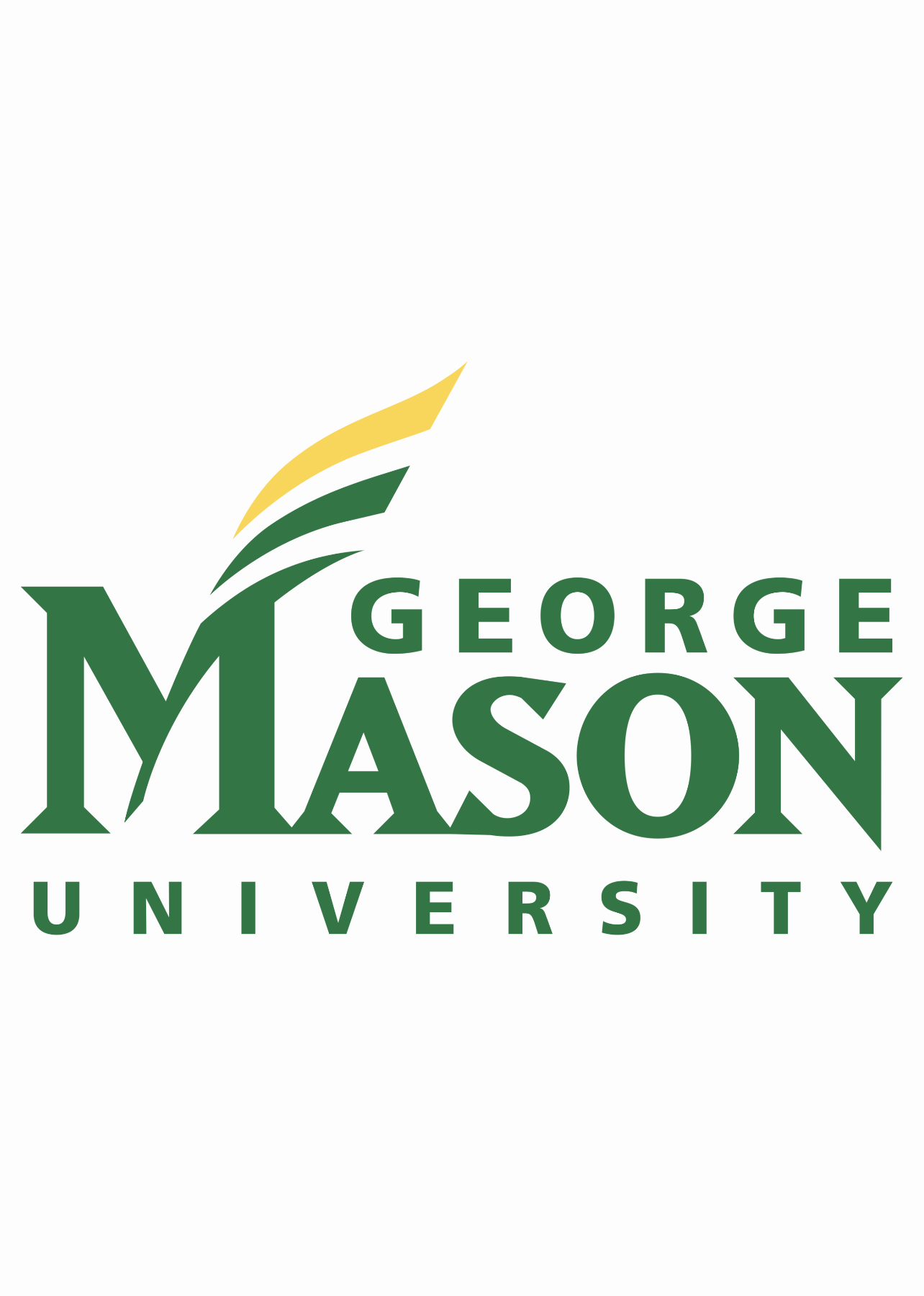
George Mason University
Intelligent Score: 99.66In-state: $9,510
Out-of-state: $32,970
In-state: $12,594
Out-of-state: $12,594
SAT: 1100-1300
ACT: 24-30
$895
Online
Commission on Accreditation of Healthcare Management Education
45
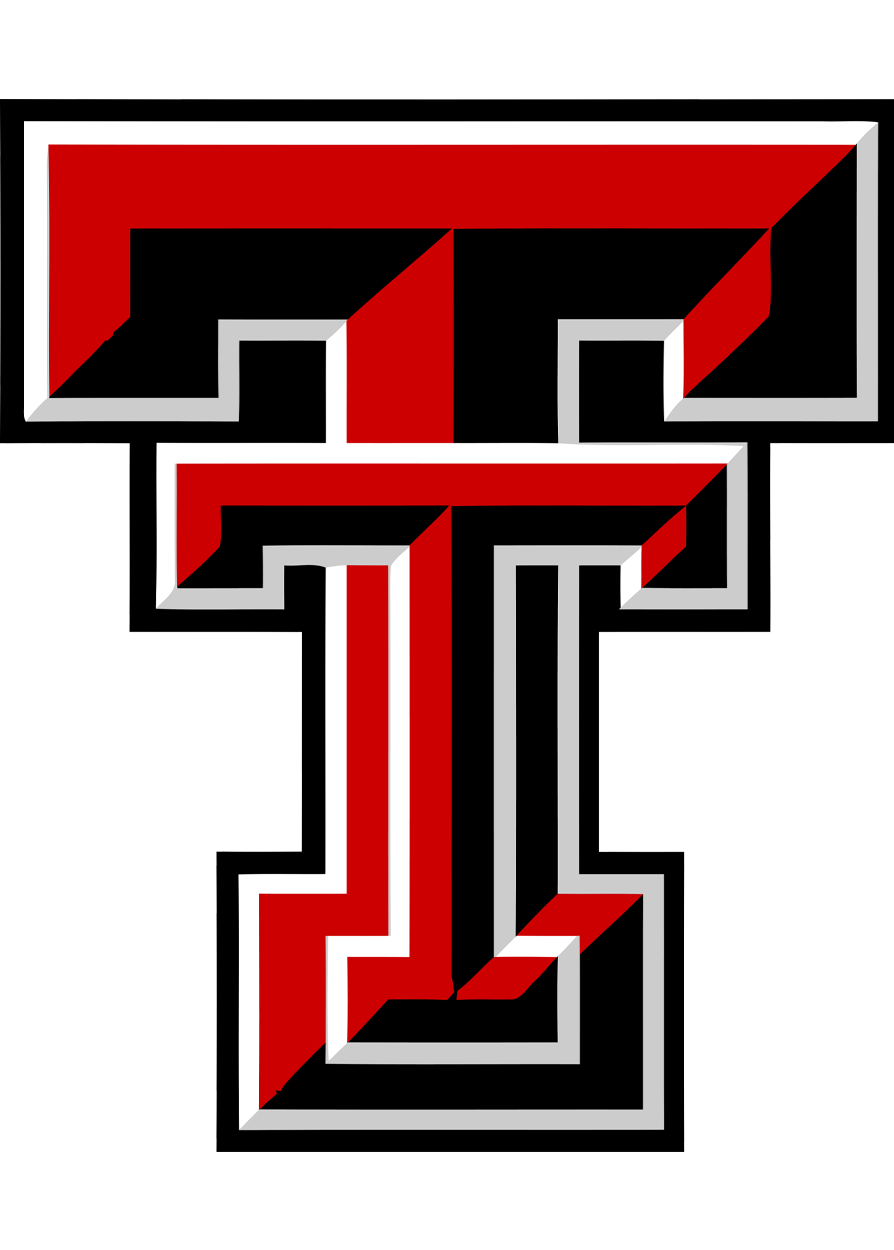
Texas Tech University Health Sciences Center
Intelligent Score: 99.57In-state: $22,076
Out-of-state: $35,176
In-state: NA
Out-of-state: NA
SAT: NA
ACT: NA
Resident: $265
Non-Resident: $685
Online
Southern Association of Colleges and Schools Commission on Colleges
36
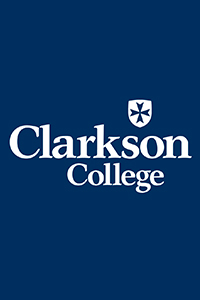
Clarkson College
Intelligent Score: 99.19In-state: $14,119
Out-of-state: $14,119
In-state: $17,121
Out-of-state: $17,121
SAT: 1190 and 1370
ACT: 25-30
$740
Online
Higher Learning Commission
37

University of Southern California
Intelligent Score: 98.92In-state: $59,260
Out-of-state: $59,260
In-state: $47,880
Out-of-state: $47,880
SAT: 1340-1530
ACT: 30-34
$2,244
Online
Commission on Accreditation of Healthcare Management Education
36
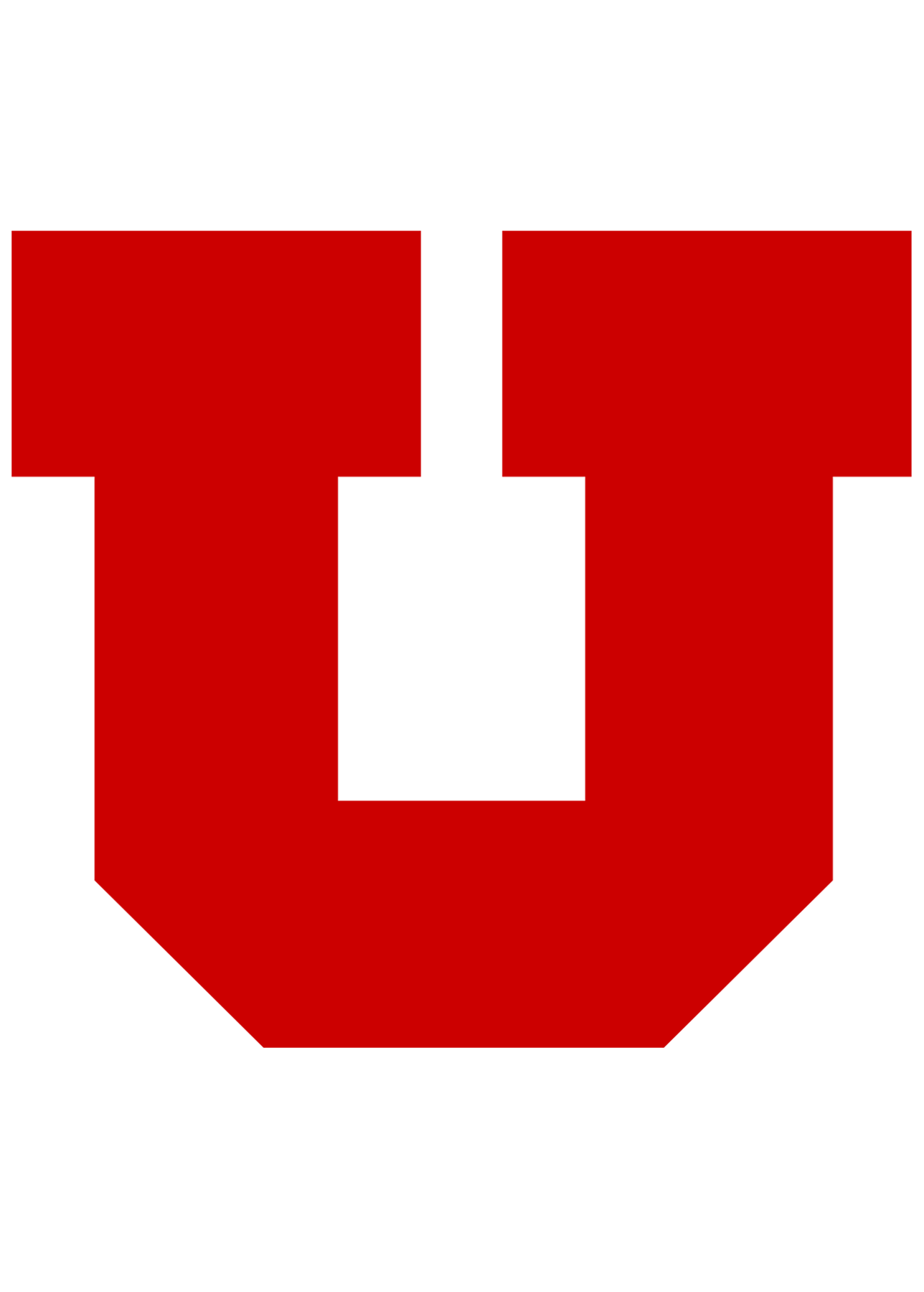
University of Utah
Intelligent Score: 98.75In-state: $7,412
Out-of-state: $26,017
In-state: $6,666
Out-of-state: $6,666
SAT: 1130-1350
ACT: 22-29
$1,070
Online
Commission on Accreditation of Healthcare Management Education
43.5

Purdue University
Intelligent Score: 98.71In-state: $9,208
Out-of-state: $28,010
In-state: $9,208
Out-of-state: $9,208
SAT: 1170-1420
ACT: 25-33
In-State: $750
Out-of-State: $850
Online
Higher Learning Commission
40

Northwestern University
Intelligent Score: 98.46In-state: $58,227
Out-of-state: $58,227
In-state: $56,067
Out-of-state: $56,067
SAT: 1430-1550
ACT: 33-35
$832
Online
Higher Learning Commission
48
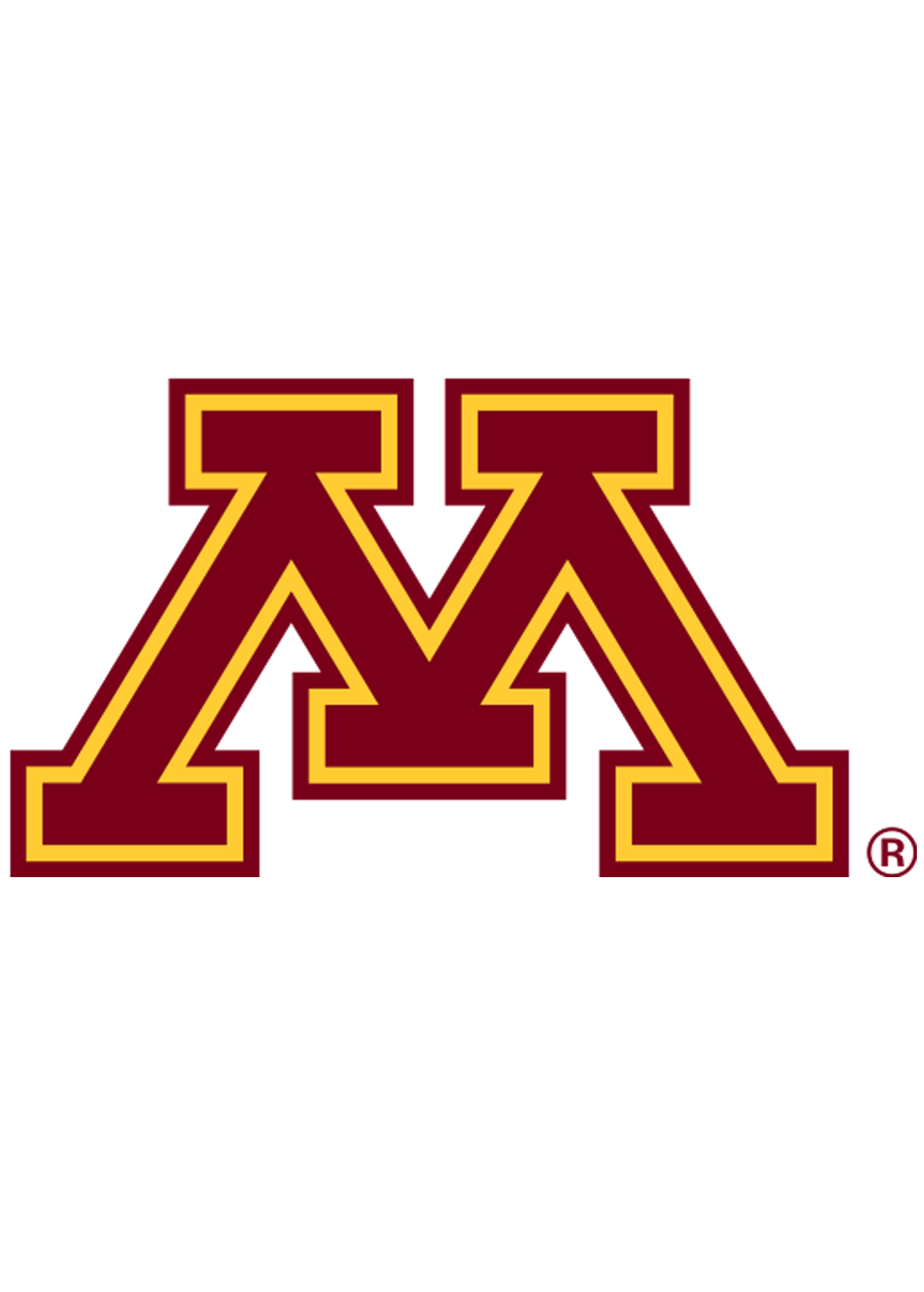
University of Minnesota
Intelligent Score: 97.39In-state: $13,318
Out-of-state: $31,616
In-state: $17,580
Out-of-state: $17,580
SAT: 1240-1460
ACT: 25-31
$1,632
Online, On-Campus
Commission on Accreditation of Healthcare Management Education
42

University of Central Florida
Intelligent Score: 97.21In-state: $4,478
Out-of-state: $19,810
In-state: $6,916
Out-of-state: $6,916
SAT: 1160-1340
ACT: 25-30
$734
Online
Commission on Accreditation of Healthcare Management Education
44

Western Governors University
Intelligent Score: 95.84In-state: $6,380
Out-of-state: $6,380
In-state: $7,500
Out-of-state: $7,500
SAT: N/A
ACT: N/A
$559
Online
Northwest Commission on Colleges and Universities
34

George Washington University
Intelligent Score: 94.20In-state: $55,961
Out-of-state: $55,961
In-state: $31,770
Out-of-state: $31,770
SAT: 1270-1450
ACT: 30-33
$1,835
Online, On-Campus
Commission on Accreditation of Healthcare Management Education
50
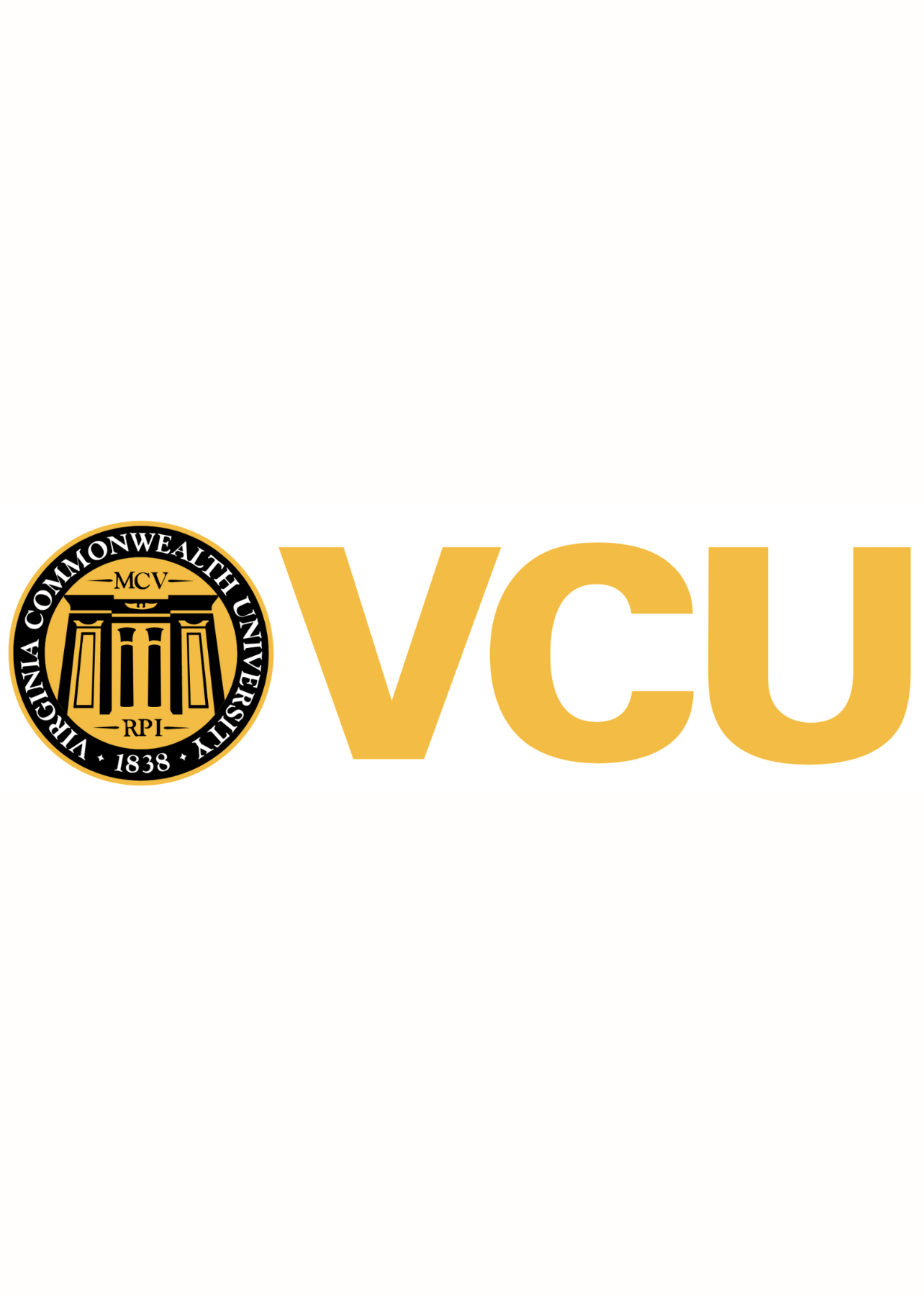
Virginia Commonwealth University
Intelligent Score: 93.16In-state: $12,179
Out-of-state: $32,827
In-state: $12,703
Out-of-state: $12,703
SAT: 1060-1250
ACT: 21-28
In-State: $765
Out-of-State: $1,572
Online, On-Campus
Commission on Accreditation of Healthcare Management Education
41
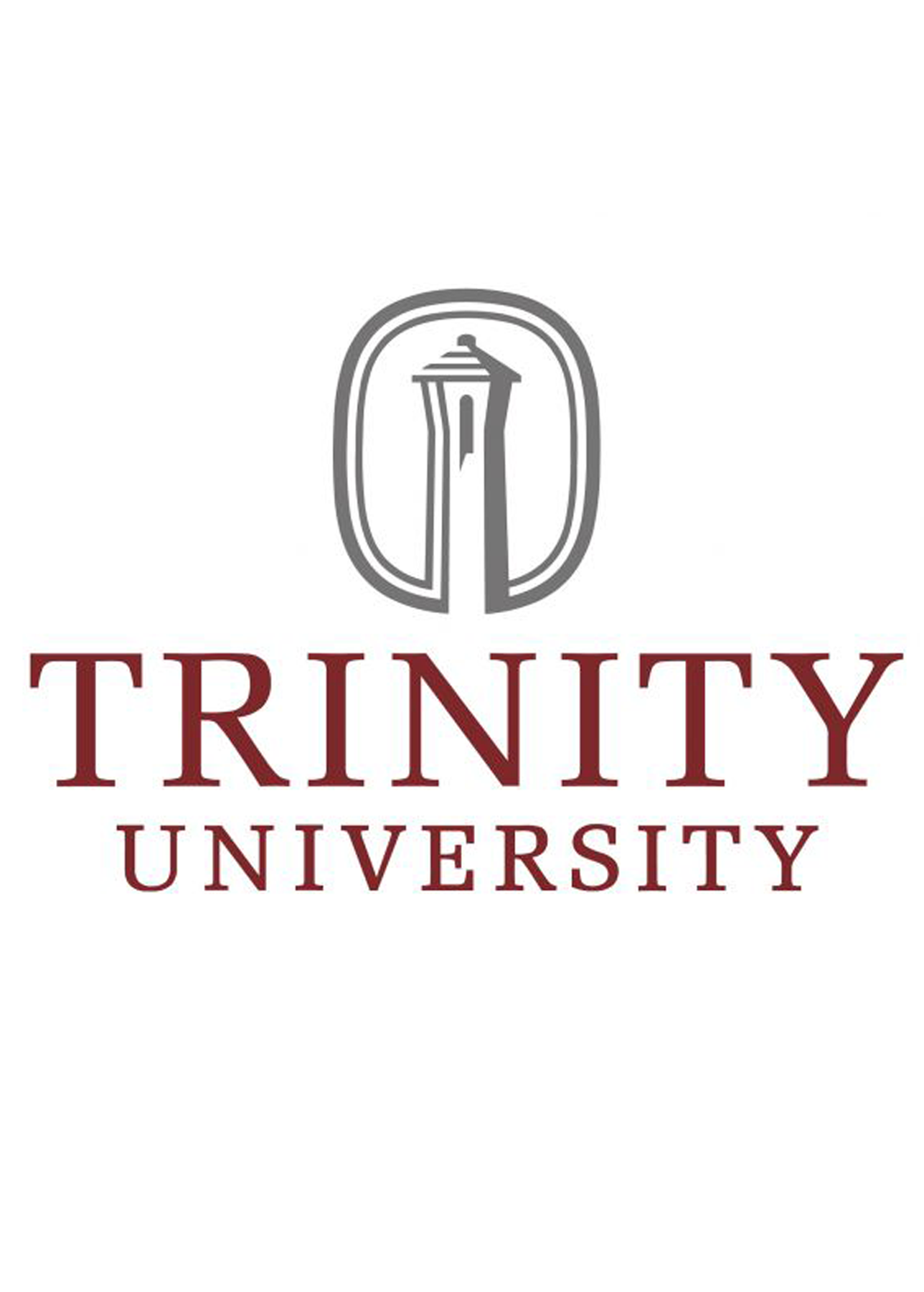
Trinity University
Intelligent Score: 92.98In-state: $45,840
Out-of-state: $45,840
In-state: $23,597
Out-of-state: $23,597
SAT: 1250-1420
ACT: 28-32
$1,780
Online, On-Campus
Commission on Accreditation of Healthcare Management Education
41

Florida International University
Intelligent Score: 92.00In-state: $4,721
Out-of-state: $16,529
In-state: $8,912
Out-of-state: $8,912
SAT: 1110-1260
ACT: 23-29
$750
Online, Hybrid
Commission on Accreditation of Healthcare Management Education
48

University of Maryland
Intelligent Score: 90.38In-state: $8,824
Out-of-state: $34,936
In-state: $13,158
Out-of-state: $13,158
SAT: 1270-1480
ACT: 30-34
$1,036
Online
Middle States Commission on Higher Education
46
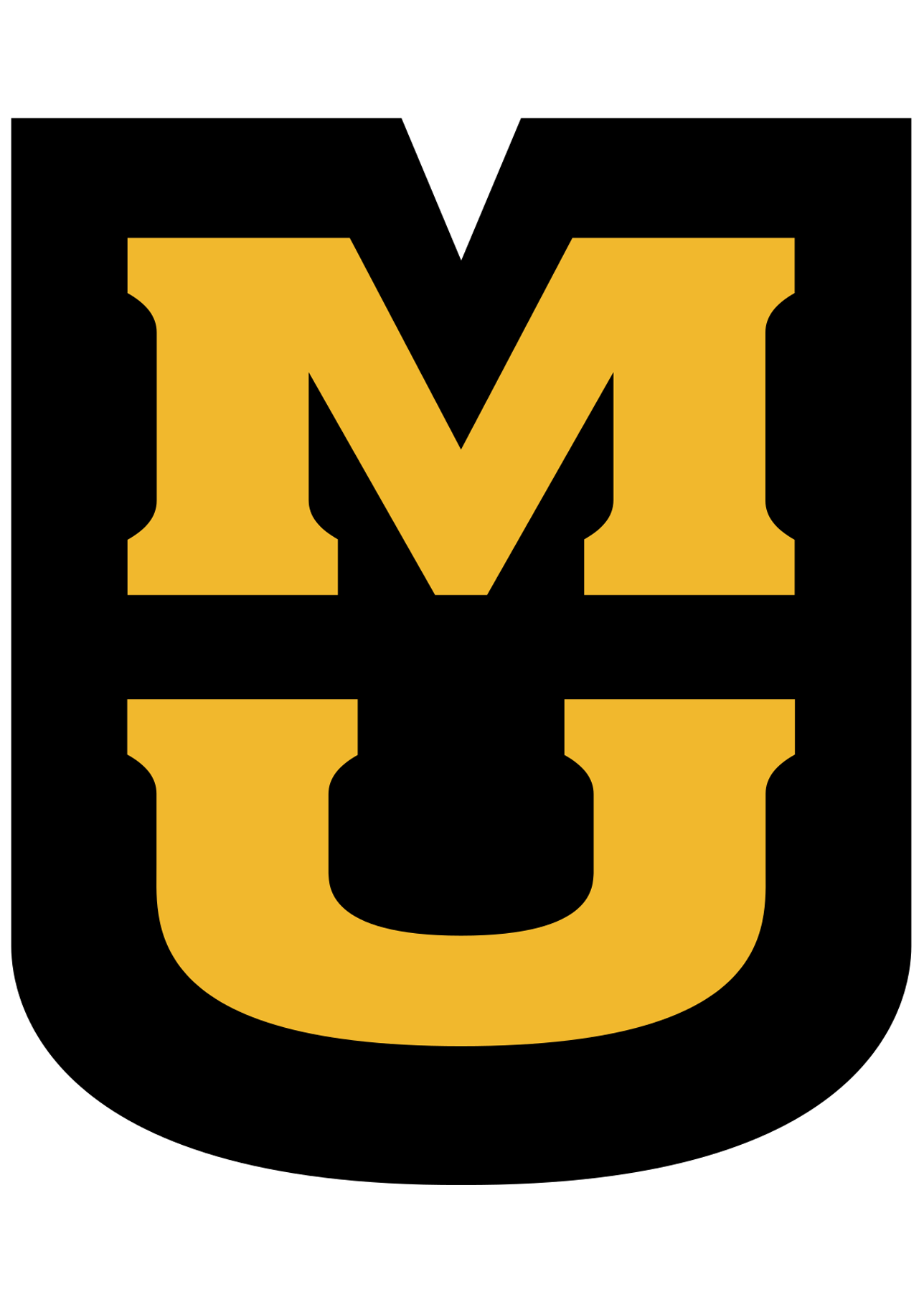
University of Missouri
Intelligent Score: 88.90In-state: $9,330
Out-of-state: $27,612
In-state: $9,478
Out-of-state: $9,478
SAT: 1110-1320
ACT: 23-29
$1,188
Online
Commission on Accreditation of Healthcare Management Education
42
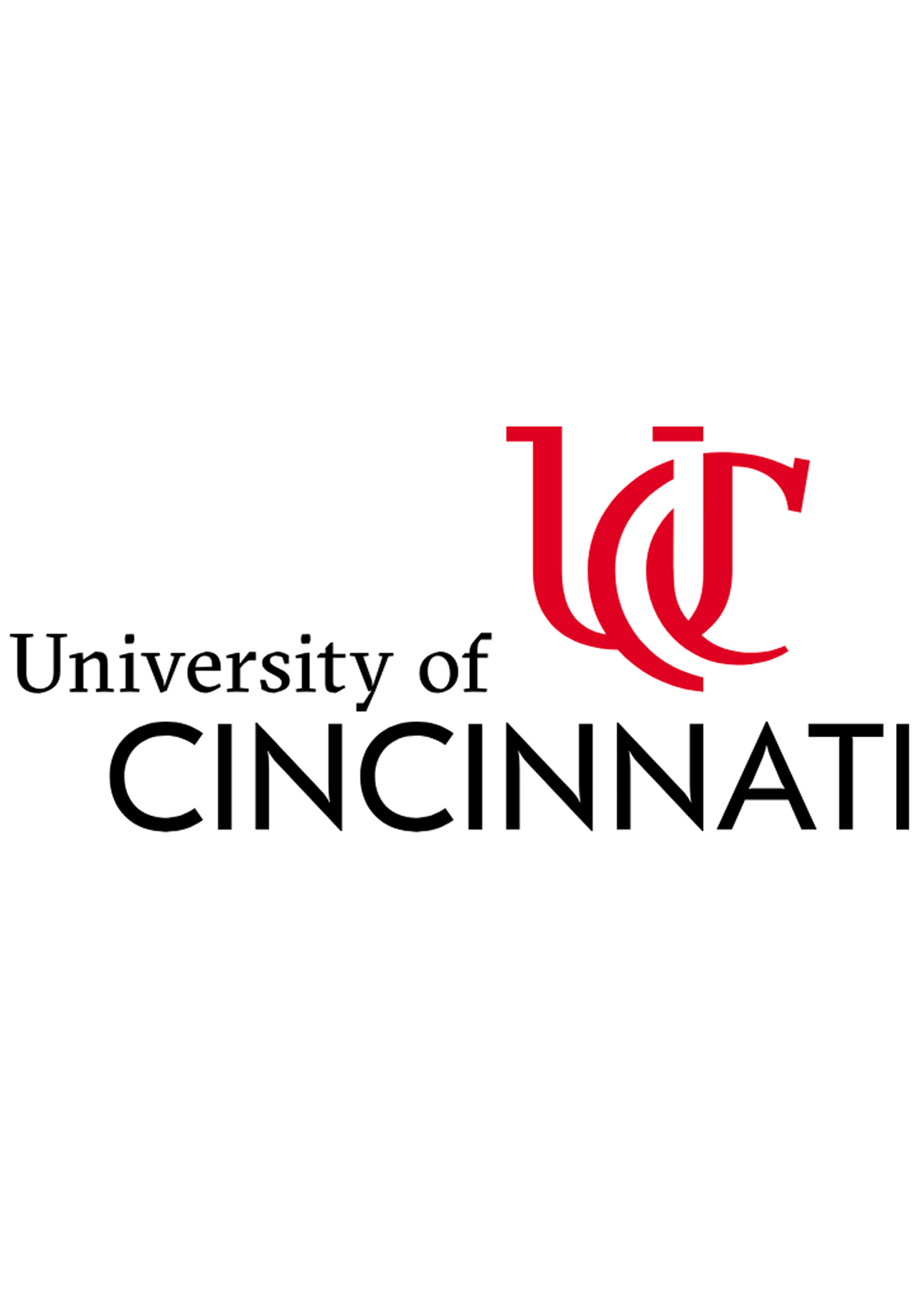
University of Cincinnati
Intelligent Score: 88.62In-state: $9,723
Out-of-state: $25,057
In-state: $13,224
Out-of-state: $13,224
SAT: 1120-1330
ACT: 23-29
$662
Online
Commission on Accreditation of Healthcare Management Education
40
Still Looking for the Right Fit? Discover Similar Programs
Several different degrees can prepare students for careers in healthcare administration and related areas. If a master’s in healthcare administration isn’t the right program for you, consider these options:
- Online Bachelor’s in Healthcare Administration
- Online Bachelor’s in Healthcare Management
- Online Bachelor’s in Health Informatics
- Online MBA in Healthcare Management
- Online Master’s in Health Informatics
- Online Master’s in Health Services
- Online Master’s in Nursing Administration
What Can I Do With an Online Master’s in Healthcare Administration Degree?
An online master’s in healthcare administration prepares students for mid- to high-level positions within healthcare facilities and organizations. Many students use this degree to help them qualify for leadership and executive positions. Common career paths for students with a master’s in healthcare administration include:
- Clinical director/supervisor
- C-suite executive
- Clinical finance manager
- Data analyst
- Nursing home administrator
- Quality and safety manager
- Risk and compliance manager
Most jobs within this field are classified as medical and health services managers, whose primary responsibilities are managing operations and services at hospitals, medical practices, community health agencies, specific clinical departments, or urgent care centers.
The career outlook for healthcare administrators for the next decade is very strong. Driving factors for this increase include a rapidly aging population requiring care and changes in the healthcare industry related to new technology and regulations.
The setting in which a healthcare administrator works will influence their salary. Jobs in hospitals and government tend to earn more than the median annual salary, while administrators in physician’s offices and nursing homes make slightly less than the median annual salary.
Career outlook
- Medical and health services managers — Plan, direct, and coordinate medical and health services at an entire facility, a specific clinical area or department, or a medical practice for a group of physicians.
- Median annual salary: $110,680
- Projected employment growth (through 2032): 28%
- New jobs projected: 54,700 per year
- Administrative services and facilities managers — Plan, direct, and coordinate activities that help an organization run efficiently.
- Median annual salary: $106,470
- Projected employment growth (through 2032): 5%
- New jobs projected: 31,400 per year
- Executives — Plan strategies and policies to ensure that an organization meets its goals, as well as coordinate and direct work activities of companies and organizations.
- Median annual salary: $206,680
- Projected employment growth (through 2032): 3%
- New jobs projected: 311,600 per year
How to Choose the Online Master’s in Healthcare Administration Program That’s Right for You
Step 1: Choose your area of study
Finding the online master’s in healthcare management that’s right for you starts with clarity on what you want from the program, including curriculum, course delivery method, pace, and available hands-on learning experiences.
Think about where you currently are in your educational journey. If you have an undergraduate degree or professional experience in healthcare administration, you may be able to pursue an accelerated program that builds on existing knowledge with courses in advanced skills and topics. Individuals who have a background in a different field will likely seek out programs that provide education in both foundational and advanced areas of healthcare administration.
Consider if you want to specialize in an area of healthcare administration, such as health informatics, health and law policy, strategic communications, or project management, and look for programs that offer your desired concentration.
This is also an excellent time to assess your logistical needs, and decide if you have a preference between a synchronous or asynchronous program, and if you’ll enroll on a full-time or part-time basis.
Step 2: Research schools and programs
Using the criteria you set in Step 1, begin researching schools and healthcare administration master’s programs.
A key piece of information to gather during your research process is whether the school has institutional and programmatic accreditation.
“Verifying the college’s accreditation ensures that the institution has the seal of approval by the U.S. Department of Education,” Villagomez says. “With institutional accreditation, colleges are evaluated as a whole and must achieve several standards to receive a regional or national accreditation. Programmatic accreditations evaluate the quality and legitimacy of the specific degree programs offered at institutions.”
“One way to verify the accreditation is by using the U.S. Department of Education’s online accreditation database,” she says. Additionally, the Commission on Accreditation of Healthcare Management Education (CAHME) accredits healthcare administration degree programs. Employers may prefer to hire candidates who attended a CAHME-accredited program.
Other information students should seek during the research process includes:
- How do online students interact with faculty and classmates?
- Are classes delivered synchronously or asynchronously?
- Who are the faculty, and what are their qualifications?
- Are there internships or other in-person requirements?
- What support services are available to online students, including tutoring, academic and career advising, counseling, technical support, and library resources?
- What networking opportunities are available for online students?
- What financial aid options are available?
Most schools publish this and other relevant information on their websites. Students may also contact an admissions counselor or program representative or attend a virtual open house or information session to learn more. Following schools and programs on social media can also provide insight into the department’s culture.
Step 3: Prepare for applications and tests
“After conducting research on the degree programs and schools that are the best fit for them, students should have a strong sense of the admission requirements,” Villagomez says. “Requirements will vary by school, so it’s important for students to stay organized with a comprehensive and detailed checklist to track their progress, submit all required materials, and meet deadlines. I encourage students to decide what systems help them organize the application requirements and track their progress for each school.”
In general, students applying to a master’s in healthcare administration program will submit the following:
- Application and required fees
- Undergraduate transcripts from all schools attended
- Letter(s) of recommendation
- Resume or CV
- Personal statement or essay
- GRE or GMAT scores (optional at some schools)
The eligibility requirements will also vary by school. Some programs, especially those designed for students who don’t have a healthcare administration background, may have fewer requirements. For students applying to accelerated programs, requirements may include a bachelor’s degree or undergraduate coursework in healthcare administration or a related field, a minimum undergraduate GPA, or demonstrated professional experience.
Step 4: Select your program
Review the information you’ve gathered on various online master’s in healthcare administration and determine which ones best suit your needs based on the criteria you established in step 1. It’s your choice how many programs you apply to; some students focus on a single school, while others submit multiple applications to increase their odds of admission. If submitting several applications, remember that most schools charge application fees, which can add up quickly.
If accepted to multiple programs, compare them once more to your list of criteria. Consider any new information, such as financial aid offers, that can help you identify which school is best for you.
Step 5: Determine how you’ll pay for your degree
Most students pay for school through out-of-pocket payments, student loans, and merit-based aid such as scholarships and grants.
To determine if you qualify for need-based aid like federal student loans and grants, complete the Free Application for Federal Student Aid (FAFSA). Schools will also use this information to distribute their own need-based scholarships and grants.
Students can also explore merit-based aid like scholarships, grants, and fellowships from their institution, professional organizations, community and religious groups, non-profits, and other sources.
If you are working while completing your online master’s in healthcare administration, find out if your employer offers tuition assistance benefits. Active-duty military members and veterans may be able to get discounted tuition or use GI Bill benefits to pay for their degrees.
Online College/Degree Scholarship Database
Intelligent Scholarship Finder Tool
"A Helping Hand" Scholarship
Award Amount: $500
Due Date: January 31, 2025
"Follow Your Own Path" Essay Scholarship
Award Amount: $500
Due Date: January 31, 2025
"Tuition Solution" Scholarship for STEM Students
Award Amount: $500
Due Date: January 31, 2025
$25k "Be Bold" No-Essay Scholarship
Award Amount: $25,000
Due Date: Closed for 2024
(ISC) Graduate Cybersecurity Scholarship
Award Amount: $5,000
Due Date: Closed for 2024
(ISC) Women in Information Security Scholarship
Award Amount: $5,000
Due Date: Closed for 2024
A.C. "Kate" & Leo Joseph Merlone St. Dominic Catholic Church of Saginaw Member Scholarship
Award Amount: Varies
Due Date: Closed for 2024
A.C. "Kate" & Leo Joseph Merlone Teaching Scholarship
Award Amount: Varies
Due Date: Closed for 2024
a/e ProNet David W. Lakamp Scholarship
Award Amount: $5,000
Due Date: Closed for 2024
AAAE Native American Scholarship
Award Amount: $1,500
Due Date: March 15, 2025
Frequently Asked Questions About Online Master’s in Healthcare Administration Programs
Should I get a master's in healthcare administration in person or online?
To answer this question, consider your learning preferences and logistical needs.
Online learning is often the best option for students who need a flexible schedule to fit education into their daily lives or live in an area where an in-person program isn’t accessible. If convenience is a top priority, an online master’s program is probably the way to go.
However, students should be aware that online programs require more autonomous learning and self-motivation than in-person programs. Online programs deliver content through videos, recorded lectures, and reading assignments, which may not work for all learners.
Meanwhile, students in an on-campus program have the advantage of direct contact with faculty and fellow students, which makes learning more accessible through discussions and interactive activities and seeking support if needed. Learning in person is likely the best option for students who want a traditional college experience with on-campus activities and social events.
How do I apply to an online master's in healthcare administration program?
Consult an admissions counselor to review the application procedures, deadlines, and eligibility requirements. Depending on the program, students may have to demonstrate a minimum undergraduate GPA, a bachelor’s degree in healthcare administration or a related field, or professional experience in the healthcare industry.
Schools typically accept applications and supporting documents electronically through an admissions portal on their website, although some programs seek hard copies of transcripts or test scores.
Students should also confirm if the program has specific deadlines or if they accept applications on a rolling basis. Students who miss application deadlines may be unable to enroll in their desired term.
What is the average cost of an online master's in healthcare administration degree?
The Education Data Initiative reports that the average cost of a master’s degree is $65,134.
Many factors influence what an online master’s degree costs and what students pay. To determine precisely what a specific program costs, consult the school’s financial aid office.
For example, one factor that impacts the cost of an online master’s in healthcare administration is the school’s status as a public or private institution. Public universities typically charge in-state students a lower tuition rate than out-of-state students, while private schools charge all students the same tuition rate.
There are also additional costs beyond tuition that students need to consider, such as additional fees for virtual classroom technology and online student services, and personal technology like a reliable computer and internet.
Meanwhile, scholarships, grants, and other financial aid can help offset the total students will pay for their degree. Students may also be able to maintain a full- or part-time job while enrolled in an online program, which can also help them pay for their degree.
How long does it take to complete an online master's in healthcare administration program?
The duration of an online master’s in healthcare administration program depends on how many credits students must complete and how fast they complete them.
Master’s in healthcare administration programs tend to require anywhere from 30-48 credits, which can be completed in one to two years of full-time or two to three years of part-time study.
Some schools may offer accelerated options for students with professional experience or certificates in healthcare administration, which can prepare students for graduation in 12-18 months.
Is an online master's in healthcare administration worth it?
For students who commit time and energy to their studies, an online master’s in healthcare administration can provide much value.
This degree can prepare students for high-level jobs in the fast-growing healthcare and management fields. Graduates from online master’s in healthcare administration programs go on to work as medical and health services managers, executives, administrative services managers, and more.
According to Salary.com, the average salary for healthcare administrators is $78,499 annually, with top earners making roughly $125,000 annually. The usual weekly earnings for individuals with a master’s degree are $1,737 compared to $1,493 for those with a bachelor’s degree. Unemployment rates are also lower for individuals with a master’s degree.



